Internal Quality Assurance Cell (IQAC)
In line with the mission of enhancing institutional quality, KOSHYS INSTITUTE OF MANAGEMENT STUDIES established the IQAC in 2017 as part of its commitment to continuous improvement in academic and administrative activities. IQAC plays a pivotal role in developing a system for consistent and catalytic improvement in performance and promoting quality in all institutional processes.
IQAC Vision
- • IQAC aims to be a catalyst in facilitating academic, research, and extension activities, leading to innovative interventions in tune with the vision of the College.
IQAC Mission
- • Promoting value-driven knowledge generation and dissemination.
- • Facilitating collaborative quality enhancement.
- • To be a transformational leader in introducing innovations through ICT in teaching, learning, and evaluation.
- • Realizing the motto of the College by facilitating measures to ensure that knowledge leads to practice.
IQAC Objectives
- • To implement value education in all programs and monitor its delivery.
- • To promote an ethics-based research culture on campus.
- • To develop mechanisms for academic publications and outcome-based education.
- • To focus on outcome attainment of every activity on campus.
- • To implement policy frameworks for the attainment of academic excellence at the college.
IQAC Policy
- • Follow-up procedures: Quality assurance processes containing recommendations for action or requiring subsequent action plans will have a predetermined follow-up procedure, implemented consistently.
- • External quality assurance: This is a major activity of the College, with a systematic approach in place to achieve the institution's mission and objectives.
College Calendar Of Events - Post Graduation
University Calendar Of Events - Post Graduation
College Calendar Of Events - Under Graduation
University Calendar Of Events - Under Graduation
Best Practice-1: Vastiva - Student Skill Enhancement
Objectives of the Practice
- ➤ Enhance students' skills in specific areas or industries to increase their employability and effectiveness in their chosen fields.
- ➤ Ensure alignment of taught skills with industry requirements and current trends.
- ➤ Provide recognized certificates to validate acquired skills and enhance credibility to employers.
- ➤ Offer practical, hands-on training for deeper understanding and application of theoretical knowledge.
- ➤ Enable career progression through new skill acquisition or enhancement of existing skills.
The Context
- ➤ Facilitate networking with professionals, mentors, and industry experts for internships, job placements, or mentorship opportunities.
- ➤ Equip students with entrepreneurial skills and mindset for innovative ventures or starting businesses.
- ➤ Instill a culture of lifelong learning for continuous skill updating and adaptation to industry demands.
- ➤ Focus on both technical and soft skills essential for professional success.
- ➤ Ensure accessibility to students from diverse backgrounds through flexible scheduling, online options, or financial assistance.
The Practice
- ➤ Collaborate with industry partners for curriculum design, internships, and guest lectures.
- ➤ Provide practical experience through internships or cooperative education programs.
- ➤ Incorporate hands-on projects into coursework for practical skill development.
- ➤ Pair students with mentors from industry or alumni networks for guidance and support.
Evidence for Success
- ➤ Track employment rates of graduates to align skills taught with industry demands.
- ➤ Gather employer feedback on the relevance and effectiveness of acquired skills.
- ➤ Highlight alumni success stories as evidence of program impact.
Problems Encountered and Resources Required
- ➤ Engaging and maintaining student motivation throughout the program.
- ➤ Effectively assessing and evaluating skill development, particularly soft skills.
Best Practice-2: Institutional Social Responsibility at KIMS
Objectives of the Practice
- ➤ Engage with local communities for development through initiatives in education, healthcare, infrastructure, and environmental conservation.
- ➤ Promote environmental sustainability with eco-friendly practices and support for biodiversity and climate action.
- ➤ Promote health and well-being by providing essential healthcare services such as medical check-ups, vaccinations, and blood donation opportunities.
The Context
- ➤ Foster trust and goodwill between the institution and the community.
- ➤ Demonstrate commitment to addressing community needs and improving quality of life.
- ➤ Fulfill corporate social responsibility (CSR) obligations and demonstrate responsible corporate citizenship.
The Practice
- ➤ Collaborate with local healthcare organizations, government agencies, non-profits, and community leaders.
- ➤ Conduct needs assessments to identify healthcare gaps and tailor ISR initiatives to specific community needs.
- ➤ Collect data on beneficiaries, services provided, vaccines administered, blood units collected, and health outcomes achieved.
Evidence for Success
- ➤ Collect data on attendance at medical camps, blood donations, and vaccinations received.
- ➤ Assess ISR activities' impact on healthcare access equity among underserved populations.
- ➤ Document media coverage of ISR activities for external validation and visibility.
Problems Encountered and Resources Required
- ➤ Limited financial resources for conducting ISR activities.
- ➤ Difficulty in engaging and mobilizing community members due to lack of awareness, competing priorities, cultural barriers, or distrust of institutions.
- ➤ Access barriers such as geographic remoteness, language barriers, and cultural sensitivities.

